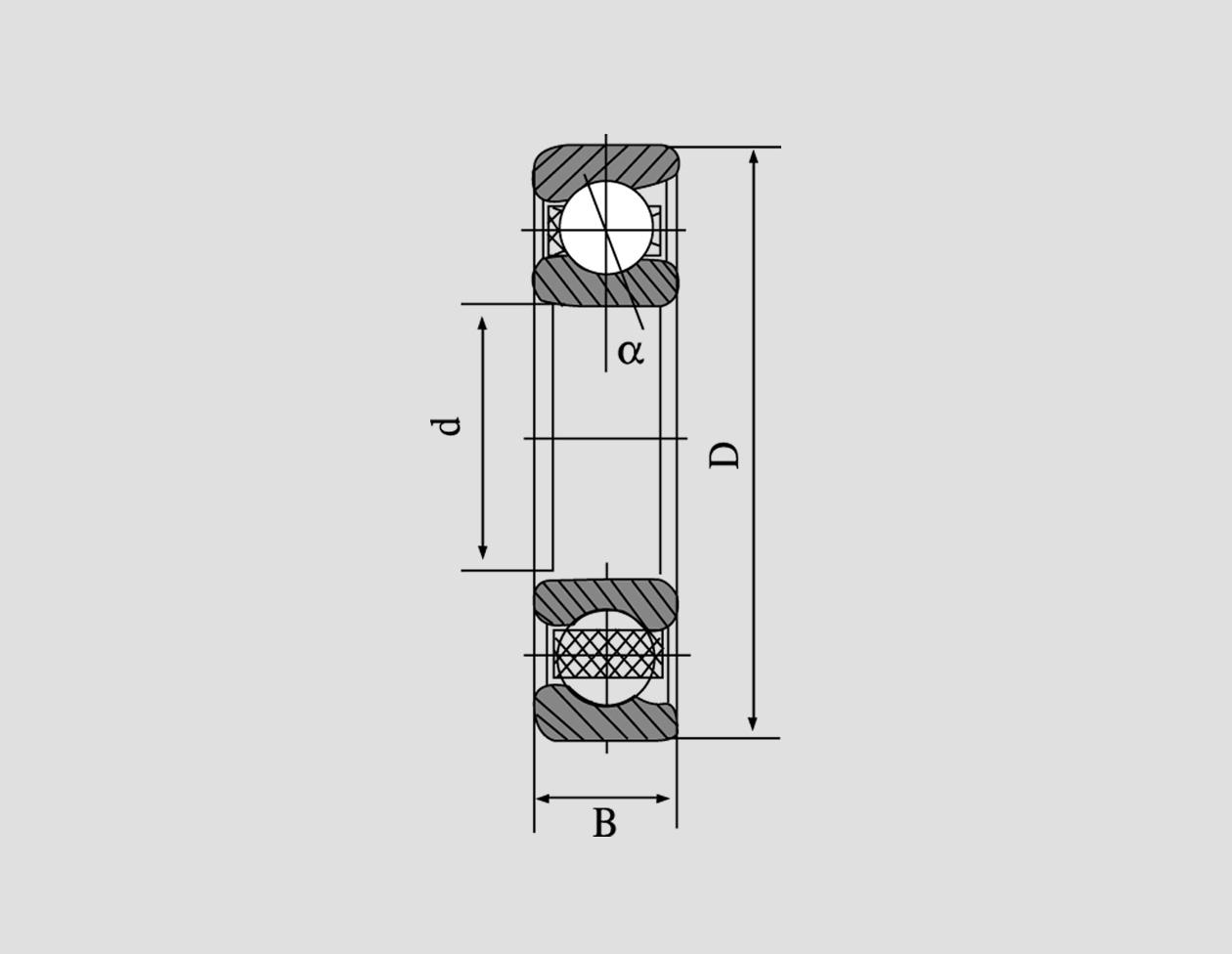
10 月 . 06, 2024 07:26 Back to list
ball mill white metal bearing
Enhancing Ball Mill Efficiency with White Metal Bearings
Ball mills are essential equipment in various industries, including mining, cement, and mineral processing, as they are commonly used to grind materials into fine powders. The efficiency and longevity of a ball mill depend significantly on its components, and one critical element is the bearing system. Among the options available, white metal bearings have gained recognition for their superior performance in ball mill applications.
Understanding White Metal Bearings
White metal bearings, also known as Babbitt bearings, are composed of soft alloys, typically containing tin, lead, copper, or other metals. These materials provide excellent wear resistance and the ability to maintain low friction levels under high loads. The primary advantage of white metal bearings is their capacity to handle high-speed and heavy-duty applications, which is ideal in the context of ball mills.
Advantages in Ball Mill Operations
1. High Load Capacity One of the most significant benefits of white metal bearings is their ability to withstand exceptional load conditions. In a ball mill, the rotating motion generates substantial forces, and white metal bearings can endure these stresses without compromising structural integrity.
2. Reduced Friction The low friction characteristics of white metal bearings contribute to improved energy efficiency. When the bearings operate smoothly, there is less energy wasted in overcoming resistance. Consequently, this results in lower operational costs, making it a financially viable option for industries relying on ball mills.
ball mill white metal bearing

3. Thermal Conductivity White metal has excellent thermal properties, allowing it to dissipate heat effectively. In grinding operations, excessive heat can lead to bearing failures; thus, the thermal conductivity of white metal bearings helps maintain an optimal operating temperature, enhancing reliability and performance.
4. Easy Maintenance and Repair Unlike some other bearing materials, white metal bearings offer the advantage of easy maintenance. If wear occurs, these bearings can often be re-babbitted, extending their service life without the need for complete replacement, thereby reducing downtime and costs.
Applications in Industry
In industries like mining and cement production, where ball mills are integral to processing materials, the selection of the right bearing type can significantly influence productivity and equipment lifespan. The strength and resilience of white metal bearings make them particularly well-suited for applications involving abrasive materials, where traditional bearings may fail prematurely.
Conclusion
In conclusion, the use of white metal bearings in ball mills offers numerous advantages, including high load capacity, reduced friction, superior thermal conductivity, and ease of maintenance. As industries continue to seek ways to enhance productivity and decrease operational costs, the adoption of advanced bearing technologies like white metal bearings represents a critical step forward. By optimizing the efficiency of ball mills, businesses can achieve better performance and maintain a competitive edge in their respective markets. Investing in high-quality white metal bearings not only protects the integrity of equipment but also contributes to sustainable operational practices in the long run.
Latest news
-
Unlocking Efficiency with Spherical Roller Bearings
NewsOct.29,2024
-
The Ultimate Guide to Thrust Ball Bearings
NewsOct.29,2024
-
The Power of Thrust Roller Bearings: Engineered for Excellence
NewsOct.29,2024
-
The Power of Deep Groove Ball Bearings for Your Application Needs!
NewsOct.29,2024
-
The Power and Performance of Cylindrical Roller Bearings
NewsOct.29,2024
-
High-Quality Ball Bearing Manufacturing Machines
NewsOct.29,2024
